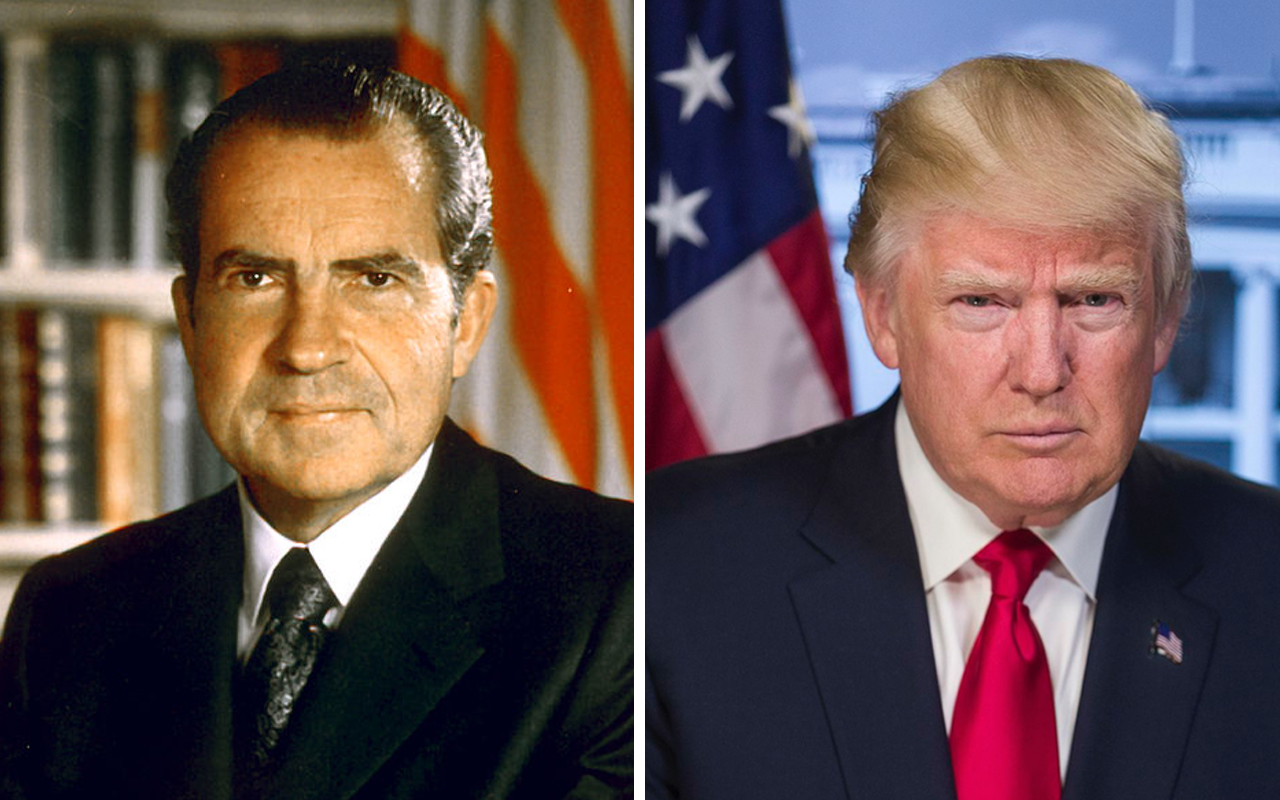
Brian Wong, Assistant Professor in Philosophy and Fellow at Centre on Contemporary China and the World, HKU and Rhodes Scholar
Mar 14, 2025
Trump’s foreign policy moves have been polarizing to say the least - but with competing voices within his own cabinet involved, the strongman approach may not be the ultimate outcome of the early administration’s moves.
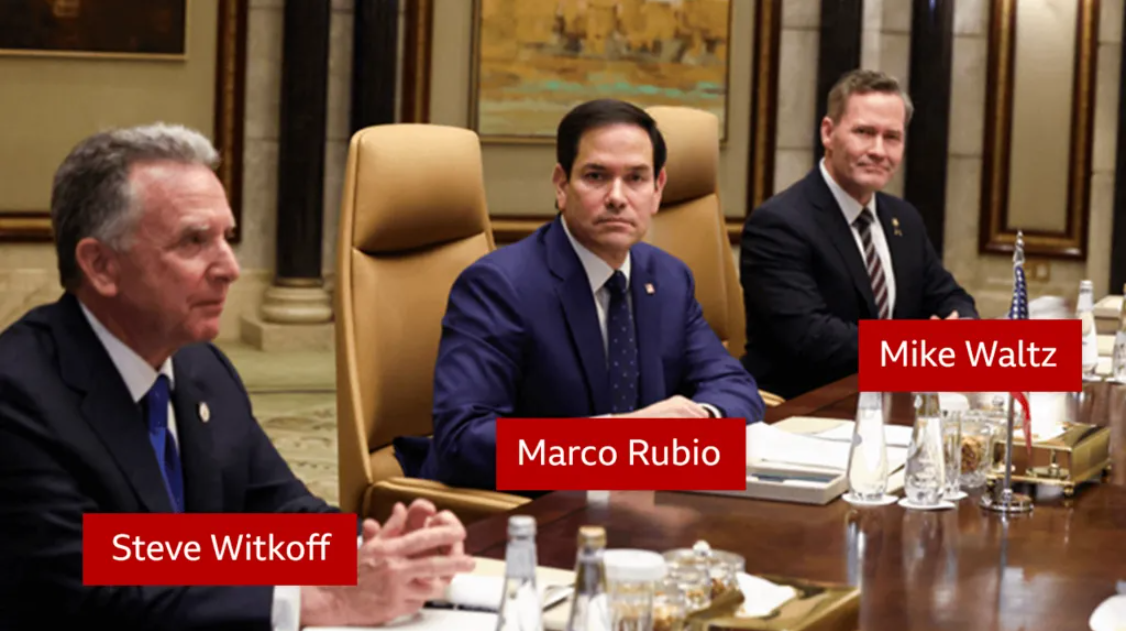
Richard Javad Heydarian, Professorial Chairholder in Geopolitics, Polytechnic University of the Philippines
Mar 14, 2025
The Trump administration's clash with Ukraine has raised doubts about America's strategic reliability, prompting concerns among European and Asian allies about a potential shift in global order under a second Trump presidency.
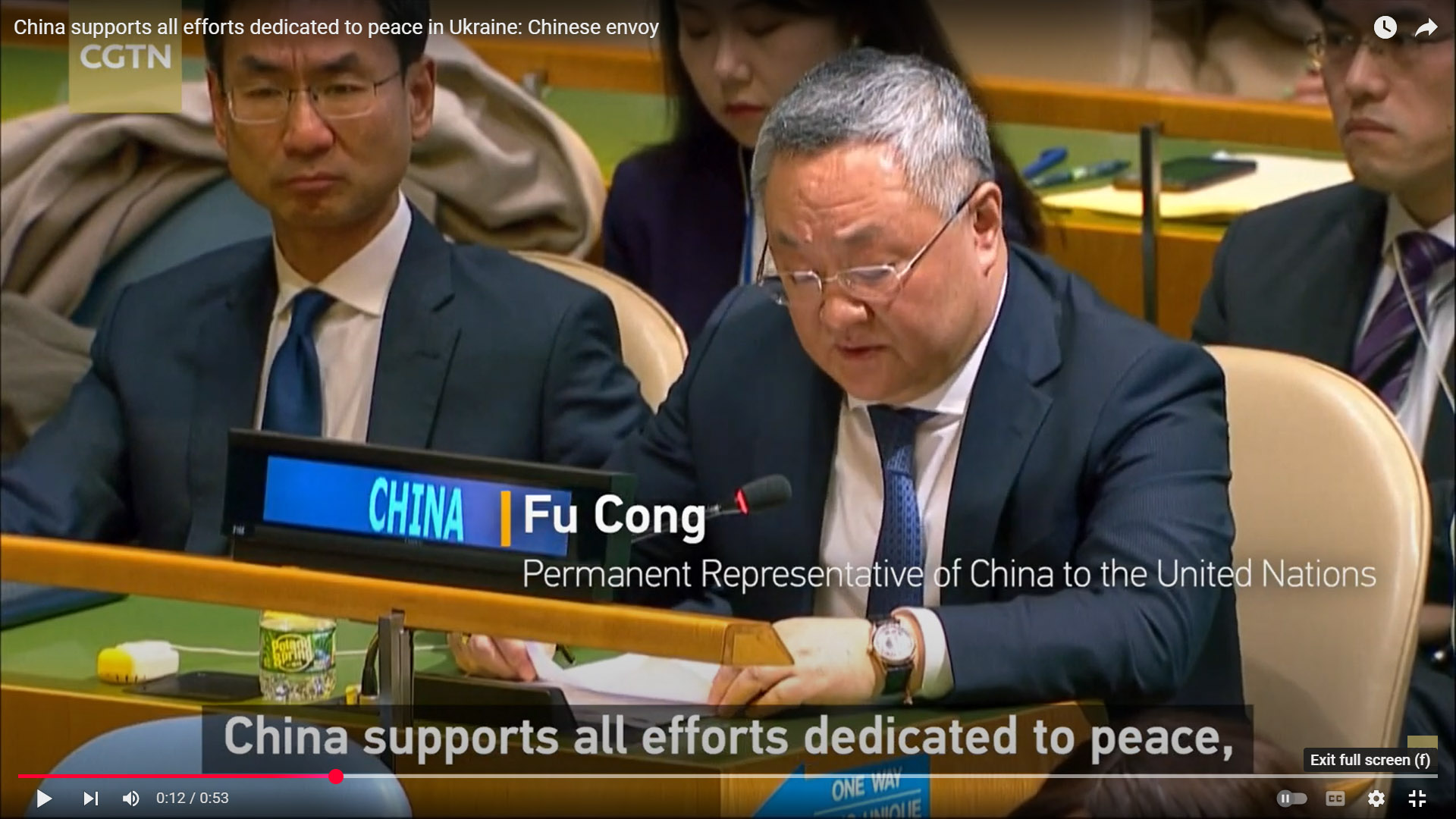
Xiao Bin, Deputy Secretary-general, Center for Shanghai Cooperation Organization Studies, Chinese Association of Social Sciences
Feb 27, 2025
U.S. President Donald Trump’s approach to promoting peace in Ukraine has brought significant changes. China needs to find new roles for itself in promoting the peace process, while continuing to advocate political solutions.
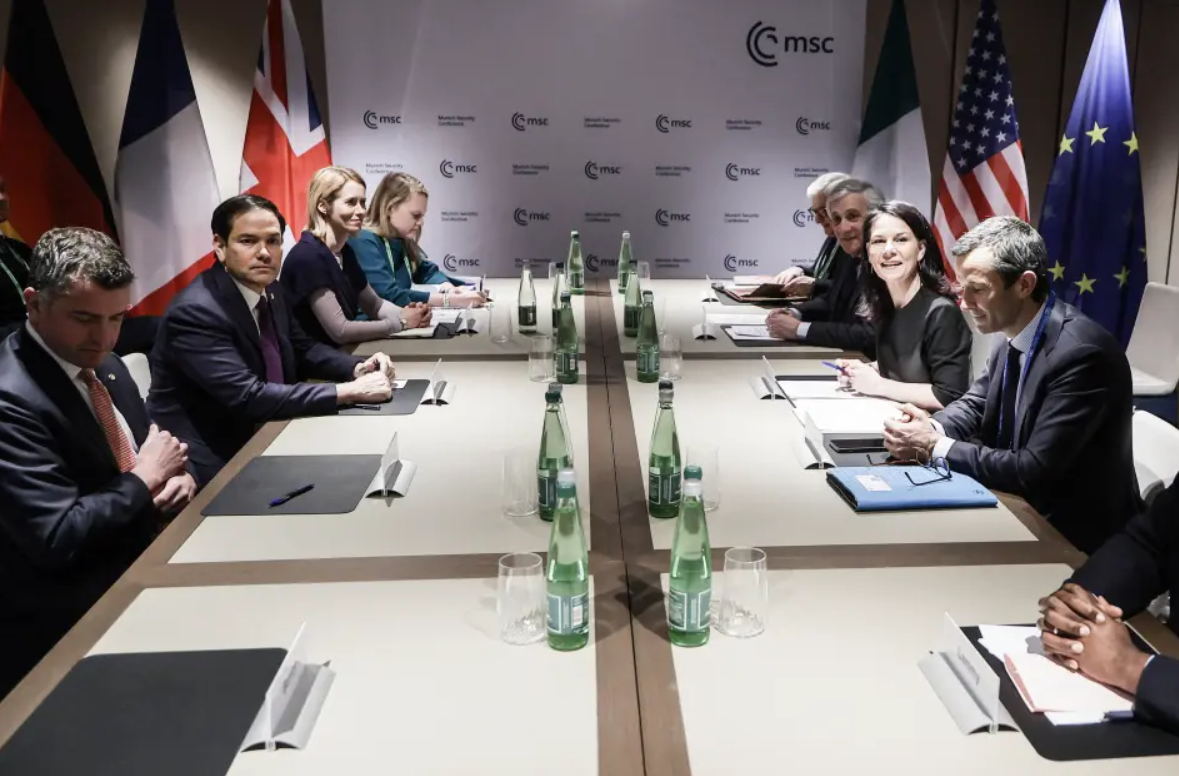
Warwick Powell, Adjunct Professor at Queensland University of Technology, Senior Fellow at Beijing Taihe Institute
Feb 27, 2025
If one takes Marco Rubio’s recent remarks on the end of unipolarity at face value, one could be mistaken for believing that the question of a multipolar world is settled. On the contrary, Rubio’s ruminations, together with remarks from members of the new Trump Administration, including the President himself, buttressed with decisions made in the first few weeks of the new administration, suggest that the issue of multipolarity is very much in question.
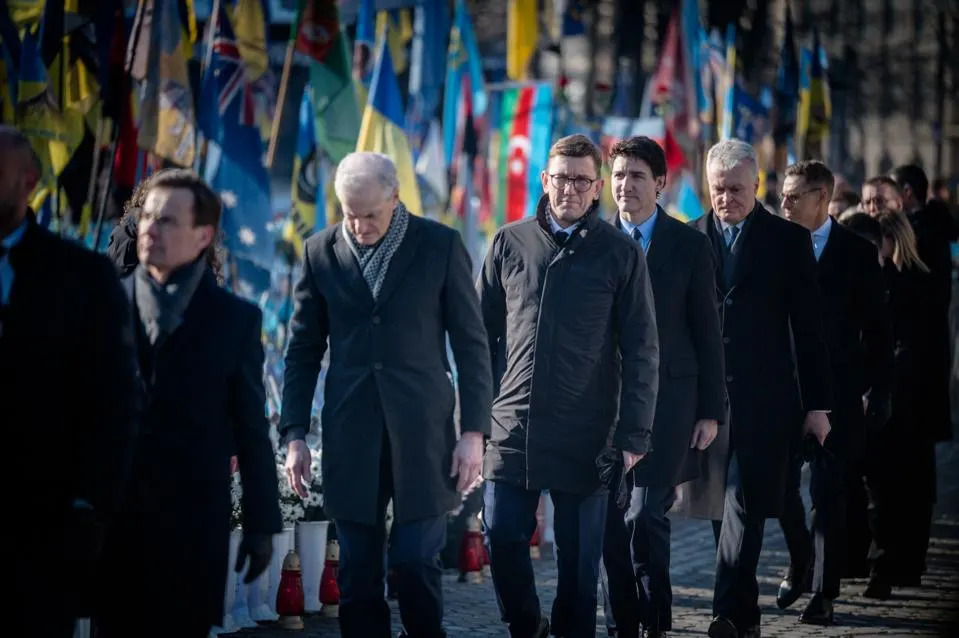
Brian Wong, Assistant Professor in Philosophy and Fellow at Centre on Contemporary China and the World, HKU and Rhodes Scholar
Feb 26, 2025
The future is uncertain for the European Union as powerful regimes with inward-looking agendas have begun rolling out policy in the U.S., Germany, and France, due in no small part to the second Trump administration. For Europe, NATO, and the conflict in Ukraine, this could potentially lead to unprecedented changes in the modern global order.
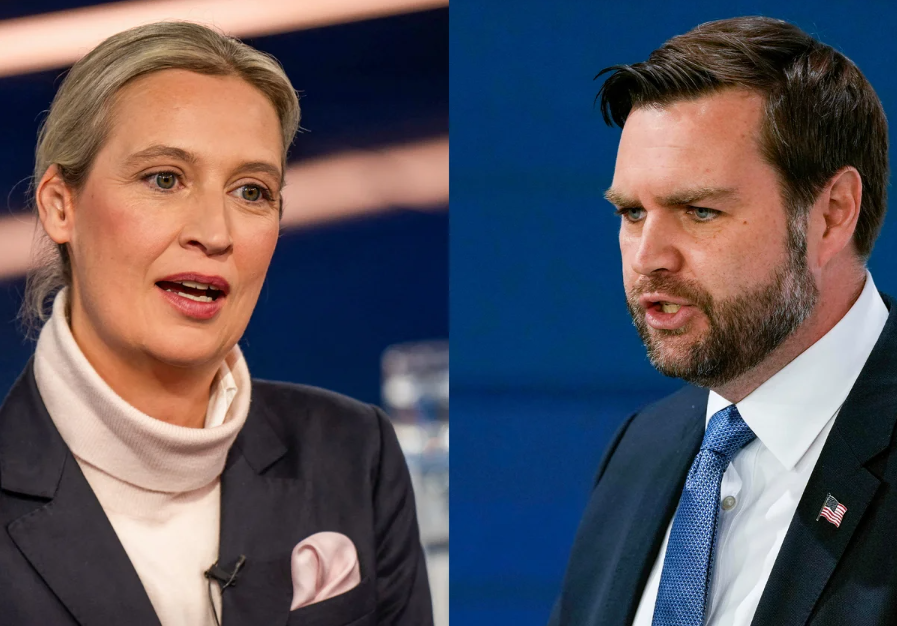
Sebastian Contin Trillo-Figueroa, Geopolitics Analyst in EU-Asia Relations and AsiaGlobal Fellow, The University of Hong Kong
Feb 26, 2025
Trump’s proudly professed vision of greatness has once again become foreign policy, casting doubts over the stability of America’s relationships with even its closest allies. Could this sudden shift in paradigm strengthen China’s positions globally?
Sujit Kumar Datta, Former Chairman of Department of International Relations, University of Chittagong, Bangladesh
Feb 26, 2025
America’s stunning withdrawal from global leadership under President Donald Trump’s isolationist policies has accelerated China’s rise, marking a significant shift in global power dynamics. China’s timing is perfect for the moment as it promotes a vision of global collaboration and shared prosperity.

Li Yan, Director of President's Office, China Institutes of Contemporary International Relations
Feb 25, 2025
Three major conferences held in Europe — the Davos Forum, the Artificial Intelligence Action Summit and the Munich Security Conference — underscored the defining feature of the current international landscape: It’s a complex and evolving mix of cooperation and competition.
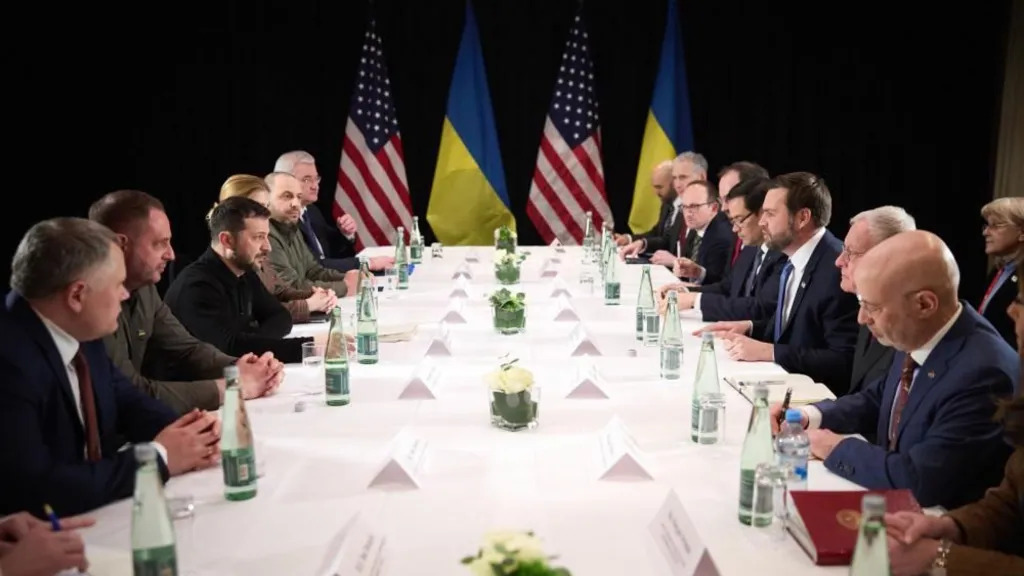
An Gang, Adjunct Fellow, Center for International Security and Strategy, Tsinghua University
Feb 25, 2025
If Europe fails to awaken and respond to its humiliating rejection by the United States, it will lose not only its seat at the table for Ukraine-Russia peace talks but also its status as a leading player in the future multipolar world.
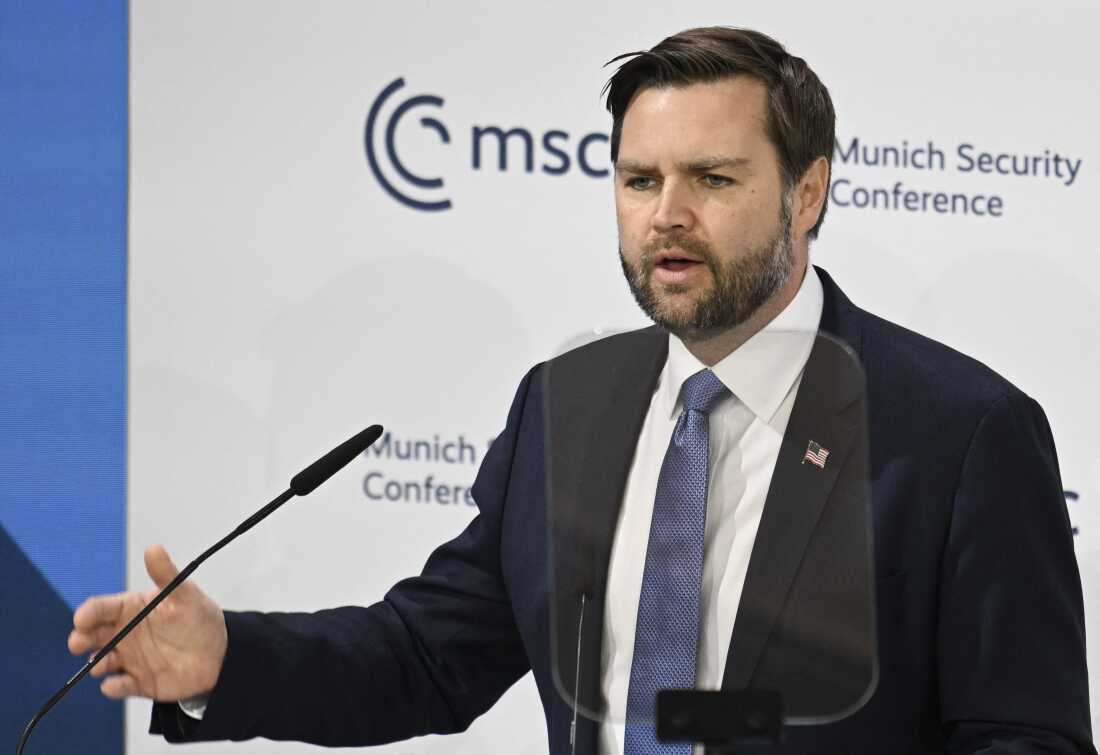
Sun Chenghao, Fellow, Center for International Security and Strategy of Tsinghua University; Munich Young Leader 2025
Feb 20, 2025
European delegates to security conference, reacting to a disturbing speech by U.S. Vice President JD Vance, say privately that it’s clear the continent must gradually break with the United States. The reduction of America’s strategic investment in Europe is accelerating Europe’s search for autonomy in an increasingly multipolar world.
Back to Top

- China-US Focus builds trust and understanding between the U.S. and China through open dialogue among thought leaders.
- Our Offerings
- Topics
- Videos
- Podcasts
- Columnists
- Research Reports
- Focus Digest
- Stay Connected
-
Thanks for signing up!
- Get the latest stories from China-US Focus weekly.